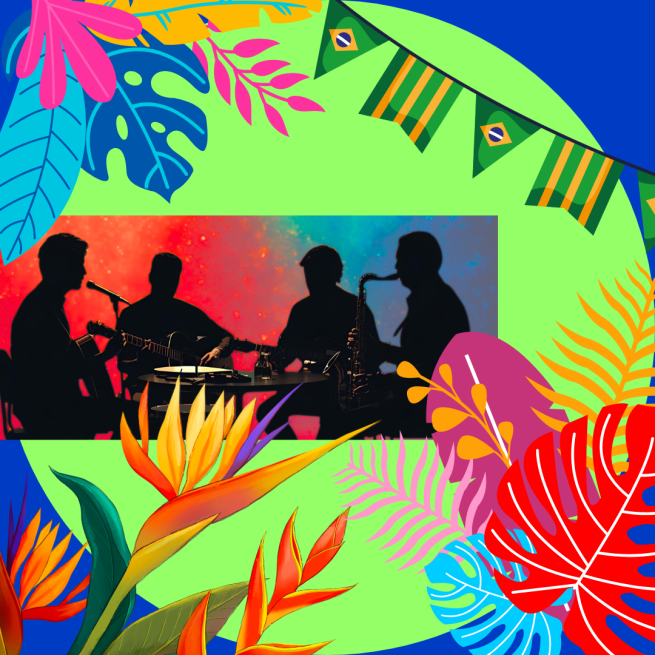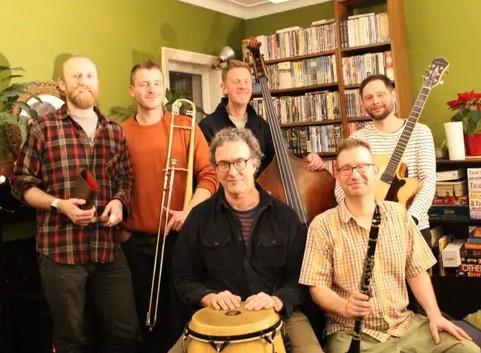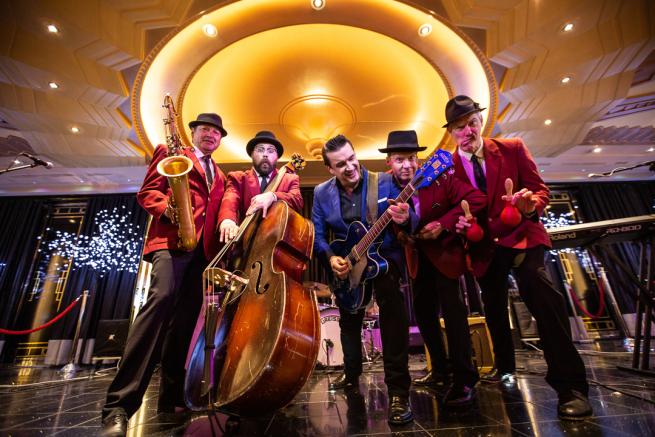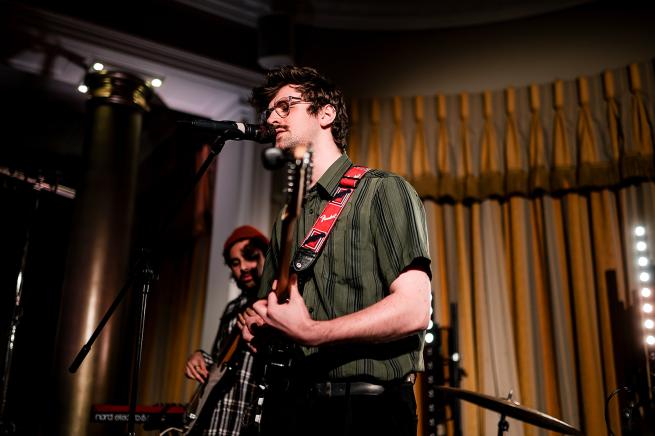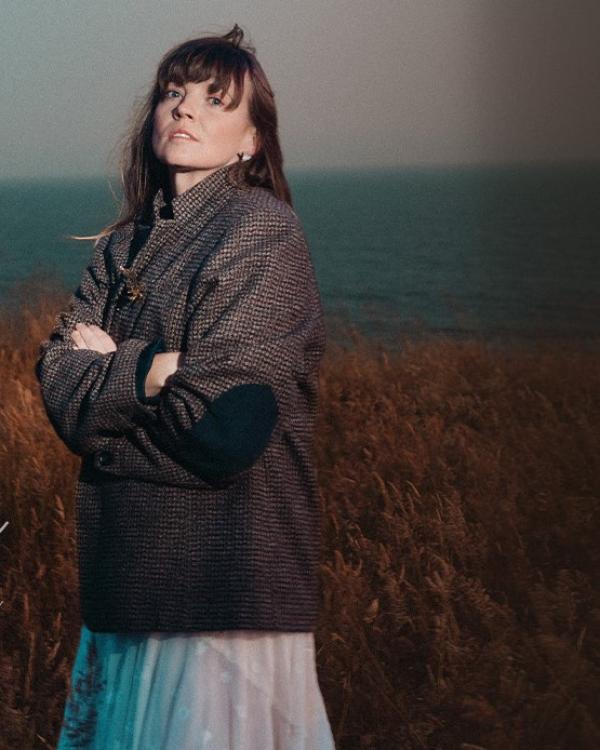
Courtney Marie Andrews has returned with her first new song in three years - “Cons and Clowns” - a celebration of living authentically, and embracing our truest selves amidst the chaos of the current world. Showcasing the GRAMMY nominee’s “astonishingly beautiful” (Stereogum) vocal work, “Cons and Clowns” builds on a signature songwriting approach that “doesn’t just tell us truths; but makes us feel them poignantly, and right on time” (NPR Music).
“Cons & Clowns is an ode to all the artists, outsiders, and shy loved ones you want to see shine!,” says Andrews. “In this world of growing sameness I wanted to write a love letter of encouragement to anyone who was afraid to be their wildest and weirdest self, especially amid the dark landscape of now. With a desire to embody the unencumbered playfulness of youth, I played the flute on this track, an instrument I haven’t played since my childhood.”
The Brudenell Social Club
33 Queen's Road
Leeds
LS6 1NY
United Kingdom
